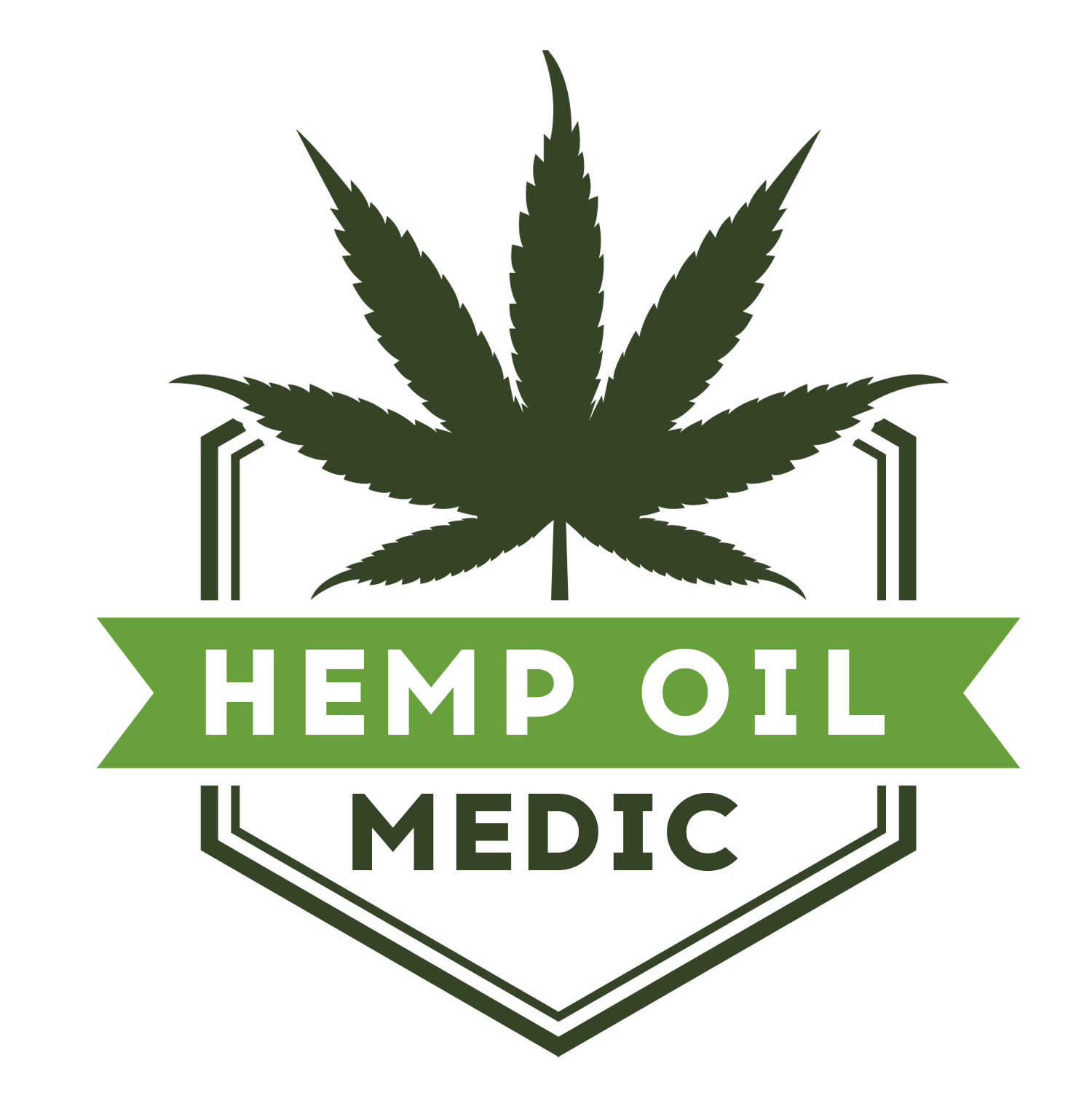CBD Hemp Oil is the Medical Term for Cannabidiol

There are many questions raised regarding CBD hemp oil. Fortunately, the information out there for potential users is plentiful.
However, to answer this common question, ‘what does CBD stand for?’ It is the medical term for cannabidiol, a critically active compound, or cannabinoid found in the cannabis plant, and has many practical health benefits.
Experts are saying that there are over one hundred active compounds called cannabinoids, yet the two essential ones are CBD and THC.
While THC is the psychoactive element, CBD is non-psychoactive and regarded as a high-quality substance known for good health.
How Does CBD Hemp Oil Work?
To understand that, you need to understand the endocannabinoid system and how it ties in. The endocannabinoid system operates in the human body as well as other mammals.
It is a system that consists of a network of receptors called cannabinoid receptors, are located on the cells surface.
Currently, scientists acknowledge two important cannabinoid receptors, called the CB1 and CB2. CB1 receptors predominantly exist in the regions of the brain and the central nervous system. CB2 receptors located in essential organs and the immune system.
These receptors work along with side endocannabinoid, and they are the messenger molecules created in the body that respond to changes in the body, and the environment.
These molecules link to cannabinoid receptors, setting off reactions so the body can adapt. Through this endocannabinoid system, the body’s homeostasis is balanced.
It’s vital for survival, and therefore it’s crucial to keep it healthy.
It is where CBD comes in. By ingesting CBD, it stimulates the production of endocannabinoid. It helps this system run efficiently. And as this happens, the body will remain in good shape.
CBD Hemp vs. Marijuana
We know now that CBD comes from cannabis, and is extracted from either hemp or marijuana. However, there is a clear distinction between hemp-derived and marijuana CBD.
It all comes down to being legal. Marijuana is a legal recreational drug that is allowed in several states; in other parts, it is illegal due to the THC content it holds.
The marijuana plant has up to 30% THC and 0-2% CBD. The level of CBD is useless for extracting CBD for a range of supplements.
For this reason, the majority of CBD users turn to CBD hemp oil. CBD oil that comes from hemp contains less than 0.3% THC making it virtually impossible to act as a psychoactive drug.
Hemp is also legal at a federal level and has permission for use in most states.
Supplements derived from hemp mean you are getting the highest quality and, at the same time remaining inside the law.
Benefits of CBD Hemp Oil
When searching online, you can find anecdotal evidence that it can achieve many things. It is regarded as a panacea for many health conditions.
Unfortunately, the evidence is not scientifically proven as yet — hemp oil benefits through experiments conducted on rodents.
While these animal studies are developing, we need to wait for solid confirmation that it can provide specific benefits.
Despite the proven scientific benefits for humans, it is totally safe, as confirmed by the World Health Organization, and there is no risk of harming your overall health.
 No risk of harming your overall health when using CBD hemp oil.
No risk of harming your overall health when using CBD hemp oil.
Many Different Types of CBD Products?
These days, it comes in many ways, and many foods and drinks can be infused with CBD. Here are the most popular products and their terminology to help when buying good oil.
Oil from Hemp Seed
Hemp seed oil is a term used regularly in the market. However, it is not the same as CBD oil. For the production of hemp oil, the seeds are cold-pressed and contain no cannabinoids, so they are not a genuine source.
Hemp seed oil often is used as the carrier for CBD. When making a tincture, the extracted cannabinoids become suspended in a carrier oil.
Hemp seed oil is standard as it reduces wastage by allowing manufacturers to use multiple parts of the plant. Furthermore, hemp seed oil has extraordinary benefits for health and well being.
As it is not recommended to buy hemp seed oil by itself when purchasing, it can be a good idea to search for it in hemp oil.
Isolate
The product CBD isolate contains pure cannabidiol. When making an isolate, manufacturers extract multiple cannabinoids from the cannabis plant and repeatedly filters the extract until only CBD remains.
Most isolates contain around 99% pure, and they are ideal for users who require no amounts of THC.
Isolates are produced in many ways. Powders are standard so users can add the isolate to cooking, or mix into drinks, or it can be used orally.
Full-Spectrum
Full-spectrum cannabidiol oil is the opposite of an isolate. It has a full array of compounds and cannabinoids. It is also the least complete form of CBD.
When created from hemp, full-spectrum contains only trace amounts of THC that has no psychoactive effect.
With the presence of a full range of cannabinoids and compounds, the entourage effect may occur, and this means that the full benefits of the CBD become enhanced.
Broad-Spectrum
Broad-spectrum cannabidiol is the middle man between full-spectrum and an isolate. It contains multiple cannabinoids and terpenes.
Nano CBD
Nano refers to cannabidiol, reduced down to a minimal amount. However, the manufacturing process requires a great deal of expertise and science.
Research indicates that the smaller the particles, the more useful it is for the body. Minimizing the particles increases bioavailability. In theory, Nano hemp oil can be more effective than a tincture.
One more advantage of the Nano is that it is water-soluble, so it is great for making drinks.
Potential consumers have a vast range of choices in product types, so do your due diligence and search for the perfect product for you!


